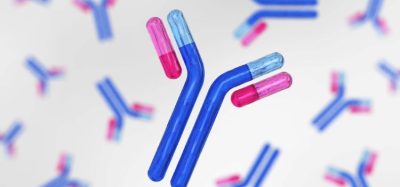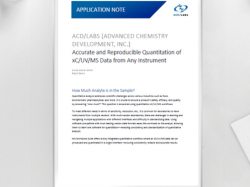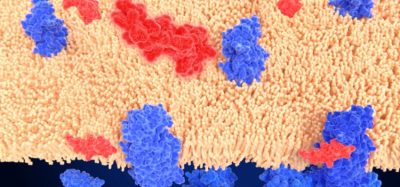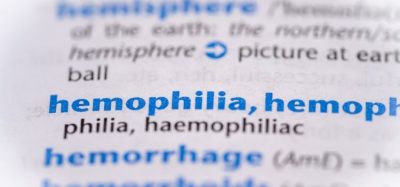Quality control method to select effective MβCD in Neimann-Pick disease
Posted: 20 September 2017 | Dr Zara Kassam (European Pharmaceutical Review) | No comments yet
Researchers have developed a quality control method to evaluate the pharmacological activity and potential effectiveness of different preparations of the therapeutic agent MβCD…
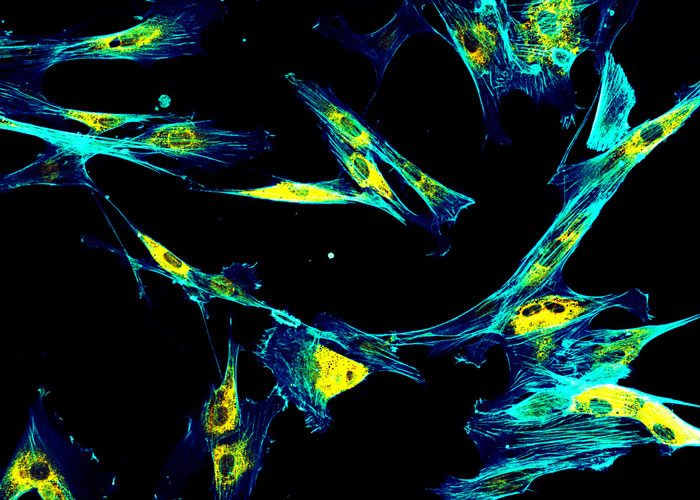

Researchers have developed a quality control method to evaluate the pharmacological activity and potential effectiveness of different preparations of the therapeutic agent methyl-β-cyclodextrin (MβCD).
Distinct batches of MβCD produced by different commercial laboratories may be more or less effective in reducing the cholesterol that accumulates in the fibroblasts of patients with the lysosomal storage disorder Niemann-Pick disease type C1.
Dr Wei Zheng, from the National Center for Advancing Translational Sciences, National Institutes of Health and co-authors from the NIH, Poochon Scientific and Washington University School of Medicine, developed an analytical method that they used to characteriSe three preparations of MβCD.
The researchers found differences in average molecular weight and side chain methylation in MβCD samples from different vendors and batches and have identified the potential impact of these differences on the ability of MβCD to reduce lysosomal cholesterol accumulation.
“This scientific disclosure highlights the importance of consistency in the batch production of MβCD. Without this technology, there would be little promise to develop a clinical treatment for these patients, many of whom are young children,” says ASSAY and Drug Development Technologies Editor-in-Chief Dr Bruce Melancon, Managing Director of the Chemical Synthesis and Drug Discovery facility at the University of Notre Dame.
This new set of methods for selecting an optimal cyclodextrin preparation is described in ASSAY and Drug Development Technologies.
Related topics
Related organisations
National Center for Advancing Translational Sciences, National Institutes of Health (NIH), Washington University School of Medicine




